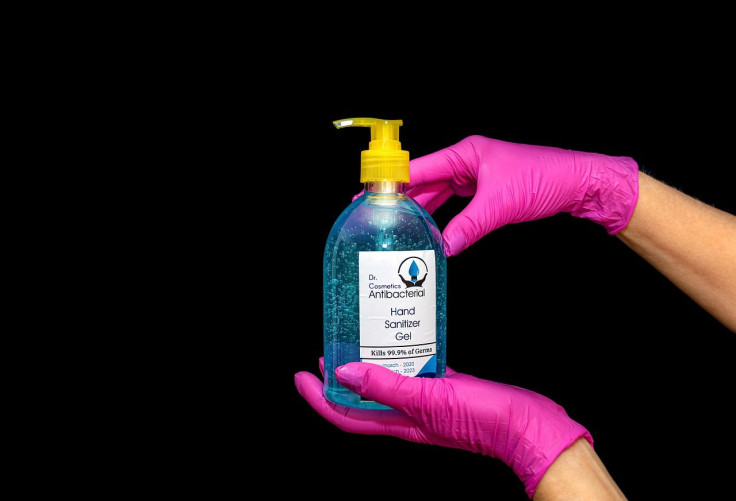4 Adults Die After Drinking Hand Sanitizer, CDC Issues Warning
KEY POINTS
- Hand sanitizers are used to get rid of virus or bacteria that accumulate in the hands
- Four adults die after ingesting hand sanitizer
- The CDC has issued a stern warning against this practice
The Centers for Diseast Control and Prevention is warning Americans not to drink hand sanitizer after four adults died. Eleven others had to be hospitalized.
The cases all occurred within two months -- May and June -- in New Mexico and Arizona, where the coronavirus has been raging for weeks. The injured are still experiencing seizures and impaired vision.
“Alcohol-based hand sanitizer products should never be ingested,” the CDC said a report, that detailed the cases of methanol poisoning in May and June.
The Food and Drug Administration has issued warning about more than 100 hand sanitizers that list methanol as a key ingredient. Methanol is toxic unlike ethanol, which is the alcohol often used in making hand sanitizers. Methanol can even enter the blood stream through the skin.

The CDC wanted to closely examine the adverse effects linked to methanol since it is a known toxic and life-threatening substance when ingested, a spokesperson told CNN Wednesday.
Researchers launched their study after receiving informatio about hand santitzer-based methanol poisoning from public health officials in the two states Arizona and New Mexico. They then reviewed call records to several poison centers to identify cases that may be linked to methanol-based hand sanitizer ingestion.
The patients ranged in age from 21 to 65. Of the 11 who survived, six developed seizures while in the hospital and three developed visual problems.
One, a 44-year-old man, disclosed that he drank hand sanitizer a couple of days before going to the hospital, the CDC stated. He is now almost blind.
The researchers proposed that safety messaging to avoid ingesting alcohol-based hand sanitizers should continue. They also noted that young children can accidentally swallow hand sanitizer and adults with mental illness or a history of substance abuse may intentionally make drink the gel as a subsitute for alcohol.
© Copyright IBTimes 2024. All rights reserved.




















